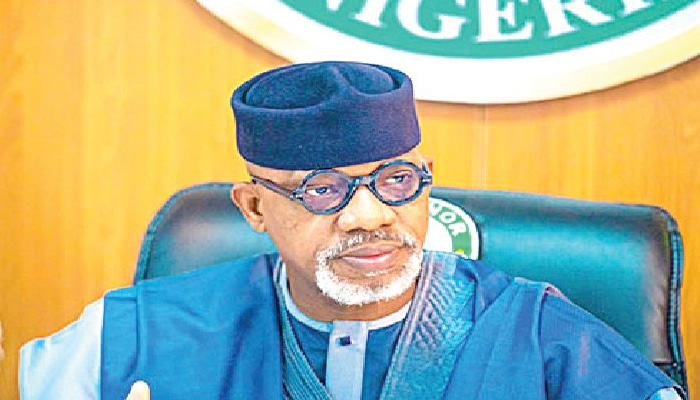Paragraph 1: Decentralization of Electricity Regulation in Nigeria
The Nigerian electricity sector is undergoing a significant transformation with the decentralization of regulatory power. This shift empowers states to assume greater control over their local energy markets, fostering a more tailored approach to electricity regulation. The Nigerian Electricity Regulatory Commission (NERC), the central regulatory authority, has initiated the transfer of regulatory oversight to state-level commissions, aligning with the amended Nigerian Constitution and the Electricity Act of 2023. This move signifies a departure from the traditional centralized model and paves the way for a more dynamic and responsive regulatory landscape.
Paragraph 2: Ogun State Joins the Decentralized Electricity Regulation Framework
Following a similar move in Lagos State, the NERC has officially transferred regulatory oversight of the electricity market in Ogun State to the newly established Ogun State Electricity Regulatory Commission (OGERC). This transfer, announced by NERC on its official X handle, marks a significant step towards localized electricity regulation in Ogun State. The decision adheres to the provisions of the Electricity Act 2023, which allows states to regulate their intrastate electricity markets upon meeting specific conditions and notifying NERC. Ogun State fulfilled these prerequisites, prompting NERC to formally transfer regulatory authority.
Paragraph 3: NERC’s Role as Central Regulator
While states gain increased autonomy over their intrastate electricity markets, NERC retains its role as the central regulator for inter-state and international electricity operations. This includes oversight of generation, transmission, supply, trading, and system operations at the national and international levels. The Electricity Act 2023 clearly defines this dual regulatory framework, allowing for both state-level control over intrastate matters and continued federal oversight of broader electricity operations. This approach seeks to balance the benefits of localized regulation with the need for national coordination and consistency.
Paragraph 4: Transition of Responsibilities and Timeline
To ensure a seamless transfer of responsibilities, NERC has issued a comprehensive order outlining the necessary steps. The order mandates the incorporation of subsidiaries by the existing distribution companies (DisCos) operating in Ogun State – Eko Electricity Distribution Company (EKEDC), Ikeja Electric Plc (IE), and Ibadan Electricity Distribution Company (IBEDC). These subsidiaries, EKEDP SubCo, IE SubCo, and IBEDC SubCo, respectively, will assume responsibility for intrastate electricity supply and distribution within Ogun State. A clear timeline has been established, with the incorporation of these subsidiaries to be completed within 60 days from December 24, 2024, and the entire transfer process finalized by June 23, 2025.
Paragraph 5: Key Provisions of the NERC Order and Licensing Requirements
The NERC order contains specific directives to ensure a structured transition. The newly formed subsidiaries are required to apply for and obtain licenses for intrastate electricity supply and distribution from OGERC. This ensures that the new entities operate within the regulatory framework established by the state commission. The comprehensive nature of the order aims to minimize disruptions during the transition and establish a clear path forward for the decentralized electricity market in Ogun State. This meticulous approach reflects NERC’s commitment to a smooth and effective handover of regulatory authority.
Paragraph 6: Implications for the Nigerian Electricity Sector
The transfer of regulatory oversight to Ogun State signifies a broader trend of decentralization in the Nigerian electricity sector. By empowering states to manage their local energy markets, the new framework allows for greater responsiveness to specific regional needs and challenges. This shift could potentially lead to improved service delivery, increased investment in local infrastructure, and enhanced accountability within the sector. The success of this decentralized model in Ogun State and other participating states will be closely monitored as it represents a significant evolution in the governance of Nigeria’s electricity industry. This development holds the promise of a more efficient and consumer-focused electricity market tailored to the diverse needs of the country’s various regions.














